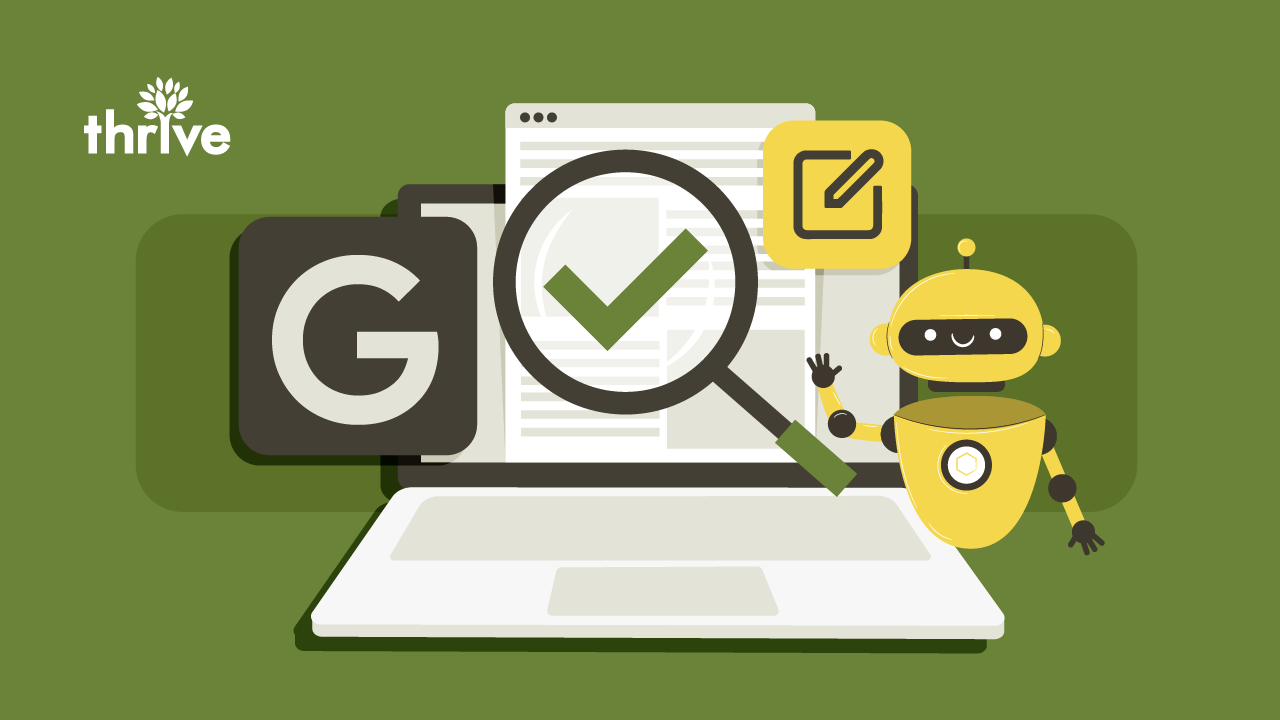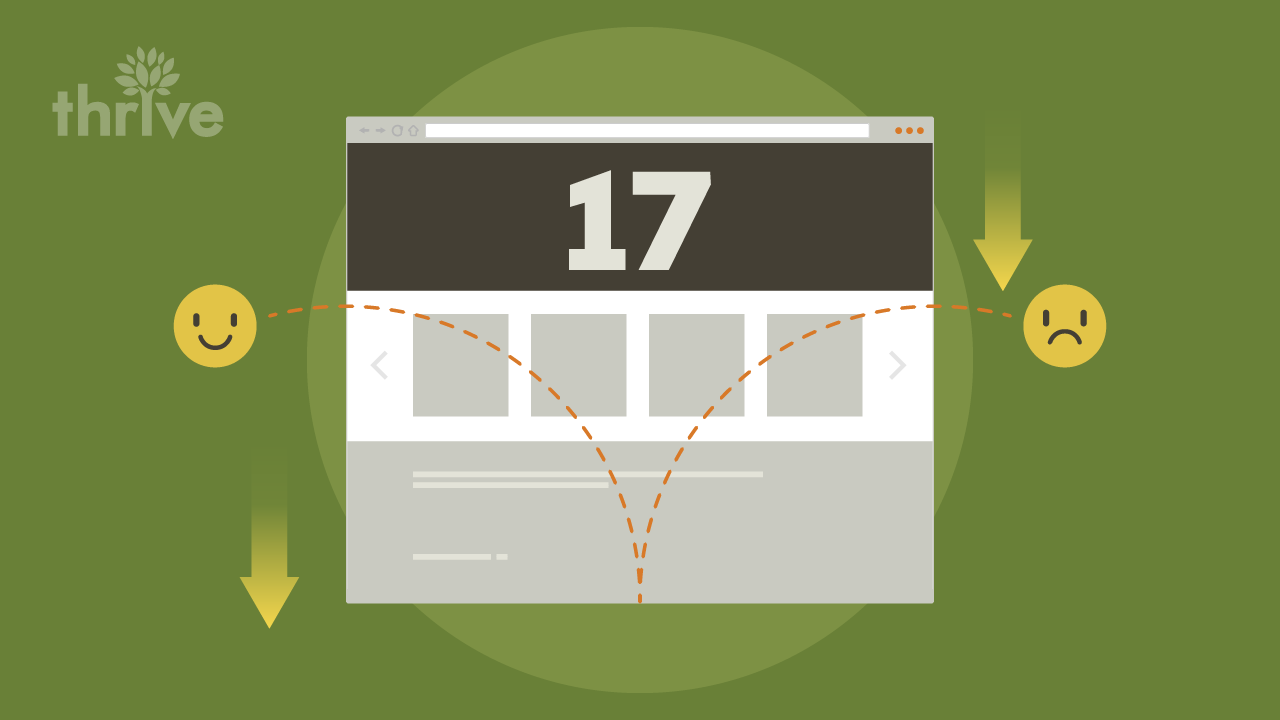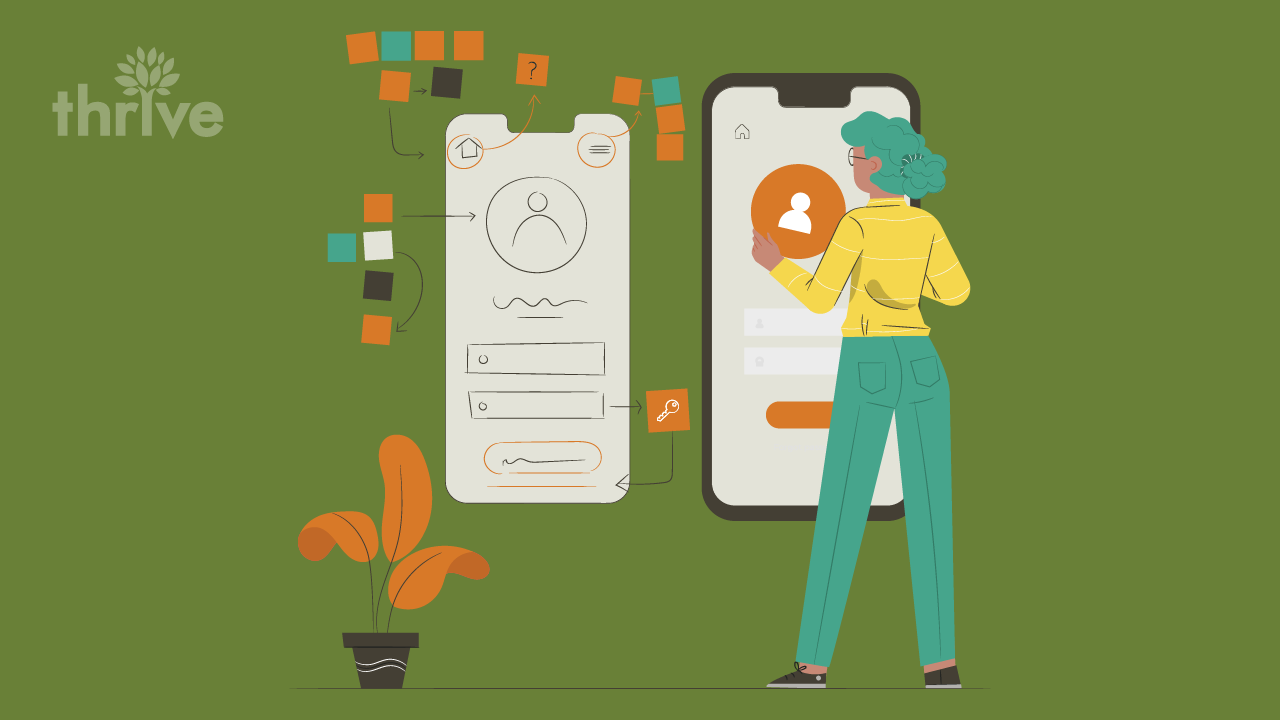Artificial Intelligence (AI) has revolutionized the way we create content. Since the release of ChatGPT, Jasper.ai, Bing AI and Bard, users have casually experimented with these AI content writing tools, using them to perform various tasks with remarkable ease and speed.
ChatGPT, for example, is capable of answering queries, producing long-form articles and writing code. This proves the potential of AI tech to be used as a powerful content-creation tool.
But what does AI generated content mean for search engine optimization (SEO)? In February 2023, Google set the record straight on AI generated content. The world’s largest search engine clarified that its focus is on the quality of content rather than how it is produced.
Does this imply that businesses can use AI content writing tools without getting penalized? In this article, we explore what is AI generated content, how to detect ai generated content, how AI affects SEO and how to ensure your SEO AI content aligns with Google’s people-first guidelines.
What Is AI Generated Content?
AI generated content is any media produced by artificial intelligence algorithms.
An artificial intelligence chatbot can create all types of content, including:
• Blog posts – Titles, outlines, introductions and conclusions
• Web content – Copy, product and category descriptions and metadata
• Emails – Subject lines, introductions and CTAs
• Social media posts – Captions and blurbs
• Videos – Descriptions and script outlines
Is Google Against AI Content?
When used correctly, an AI content generator like Chat-GPT can provide informative content that engages readers and performs well on search.
However, it’s worth noting that AI content writing tools can be both beneficial and problematic. For instance, AI content may be used to manipulate search engine rankings, which clearly violates Google’s policies.
It could also reduce the quality of information available online. Brands can easily use an AI content generator to produce spammy and irrelevant articles to target keywords and appear higher on search.
As a result, Google has developed guidelines for websites that use content writing AI tools. According to their official guide, Google’s ranking system focuses on rewarding original, high-quality content that displays qualities of E-E-A-T: expertise, experience, authoritativeness and trustworthiness.
Whether content is produced by a human copywriter, an AI content generator, or a combination of both, brands that want to succeed in Google search should focus on creating original, reliable, people-first content.
In short, Google is not anti-AI. Instead, it’s anti-content written primarily for search engines. It won’t necessarily penalize AI-generated content provided it’s well-written, adopts a human-like tone and meets the needs of its intended audience.
Understanding Google’s Helpful Content Update
Google Search is constantly working to make high-quality content more accessible to users. In August 2022, it introduced the sitewide “Helpful Content Update,” which aims to reward websites with content written by people for people and devalue content specifically written for search engines.
Google looks at various factors when evaluating content, including:
• Quality of the writing
• Structure and organization of the content
• Presence of helpful resources like images and videos
• Overall user experience
The easiest way to determine whether your content meets Google’s helpful content guidelines is by answering the following questions:
• Are you producing lots of content on different topics in hopes that some might perform well in search results?
• Do you rely heavily on automation software to produce your content?
• Are you writing about trending topics rather than subjects that matter to your target readers?
• Are you producing content that repeats what has been said without adding significant value?
• Are you producing content on niche topics that fall outside your core expertise?
• Do you use clickbait headings and subheadings?
• Does your content claim to answer a question that has no answer, such as indicating a release date for a product or film when it hasn’t been officially confirmed?
If you answer yes to some or all of the questions, it’s time to rethink your content strategy. Don’t wait for your rankings to drop before improving how you create content.
Answering Who, How and Why
Google recently added a new section to its people-first content guide which evaluates content in terms of “Who, How and Why.”
Who (Created the Content)
• Is it clear to readers who the content’s author is?
• Are there bylines present on the pages where they’re expected?
• Do the bylines provide additional information about the author(s)?
Adding accurate authorship information, such as bylines, can help you stay transparent to your readers and aligned with what Google’s ranking systems seek to reward.
How (the Content Was Created)
Sharing the processes involved in content creation can help build trust among readers. It can also help them understand whether automation has played any useful role in the process.
Google used product reviews as an example. Readers might consider your content more credible if it states the number of products tested, how tests were performed and what the test results showed – all accompanied by evidence such as images and videos.
Why (Was the Content Created)
Your “why” must be to help and provide value to your readers. If your why focuses on manipulating search rankings, you could be penalized by Google’s spam policies.
At its core, Google’s Helpful Content Update and “Who, How and Why” section encourage responsible use of content writing AI tools.
How To Detect AI Generated Content
If your content reads like it was entirely produced by a chatbot, there’s a chance it won’t rank well on Google. Fortunately, some tools can help you detect AI content.
AI content detectors allow you to paste or write the content on a text box, and within seconds, they can check whether it’s produced by an AI tool. Some can identify which parts are written by an artificial intelligence chatbot, while others provide the percentage of AI text in a given paragraph.
Below are some examples of AI content detector tools:
Content at scale – It claims to accurately predict probable word choices resulting in a higher AI detection probability. It uses three AI engines, NLP, semantic analysis algorithms and SERP parsing capabilities.
Writer – Writer’s free AI content detector enables users to check up to 1,500 characters. It also determines the percentage of your content seen as human-generated.
Originality.ai – Originality.ai claims to be 94% accurate at detecting text produced by GPT-3 and ChatGPT. It can also be used to check for plagiarism.
Sapling AI – This AI content detector provides an overall percentage of fake content. It can detect AI content written by ChatGPT or GPT-3 by evaluating only 50 words, a smaller required word count than most content detectors.
SEO and Content Writing Services That Help You Succeed in the Online Space
For brands, disregarding SEO AI generators completely also comes with its risks. AI tech, when used properly, can:
• Scale content creation
• Generate eye-catching headlines
• Complete sentences and paragraphs
• Help content teams overcome writer’s block by providing blog outlines and topic suggestions
• Allow content teams to save time and boost productivity
But AI content generators cannot be treated as a simple plug-and-play solution. Even the best AI-generated content would need reworking to get your unique brand voice across. In reality, a lot of human assistance is required to produce creative and memorable SEO AI content that resonates with people and performs well on search engines.
It might be too early to pinpoint how AI affects SEO, but one thing is certain: human intervention is critical to effectively utilizing AI tech. At Thrive, we help brands produce people-first content that demonstrates your industry knowledge and keeps you top of mind with your local audience. Our content writers are well-versed in SEO best practices and can help you take your search rankings to the next level.
Fill out our contact form or call 866-908-4748 to schedule a consultation with our team and learn more about content writing AI.








